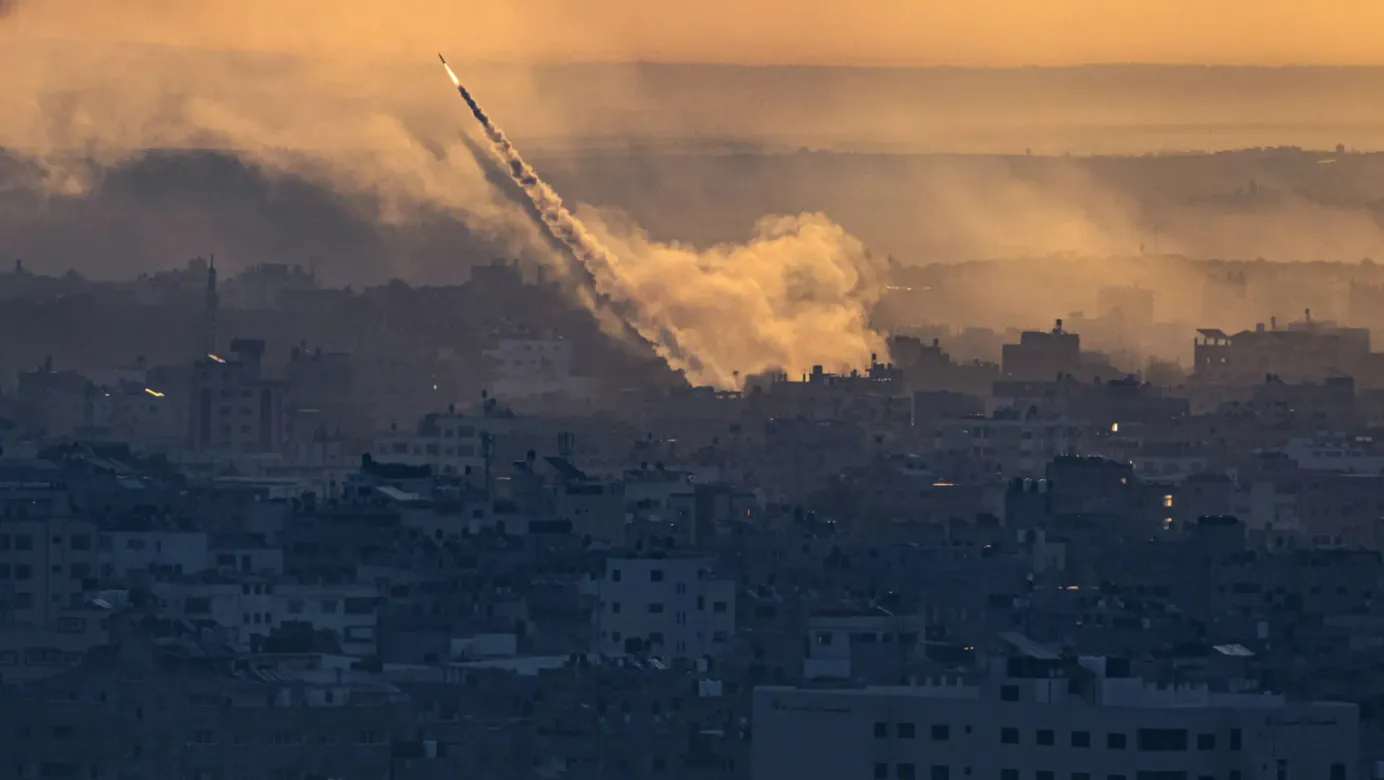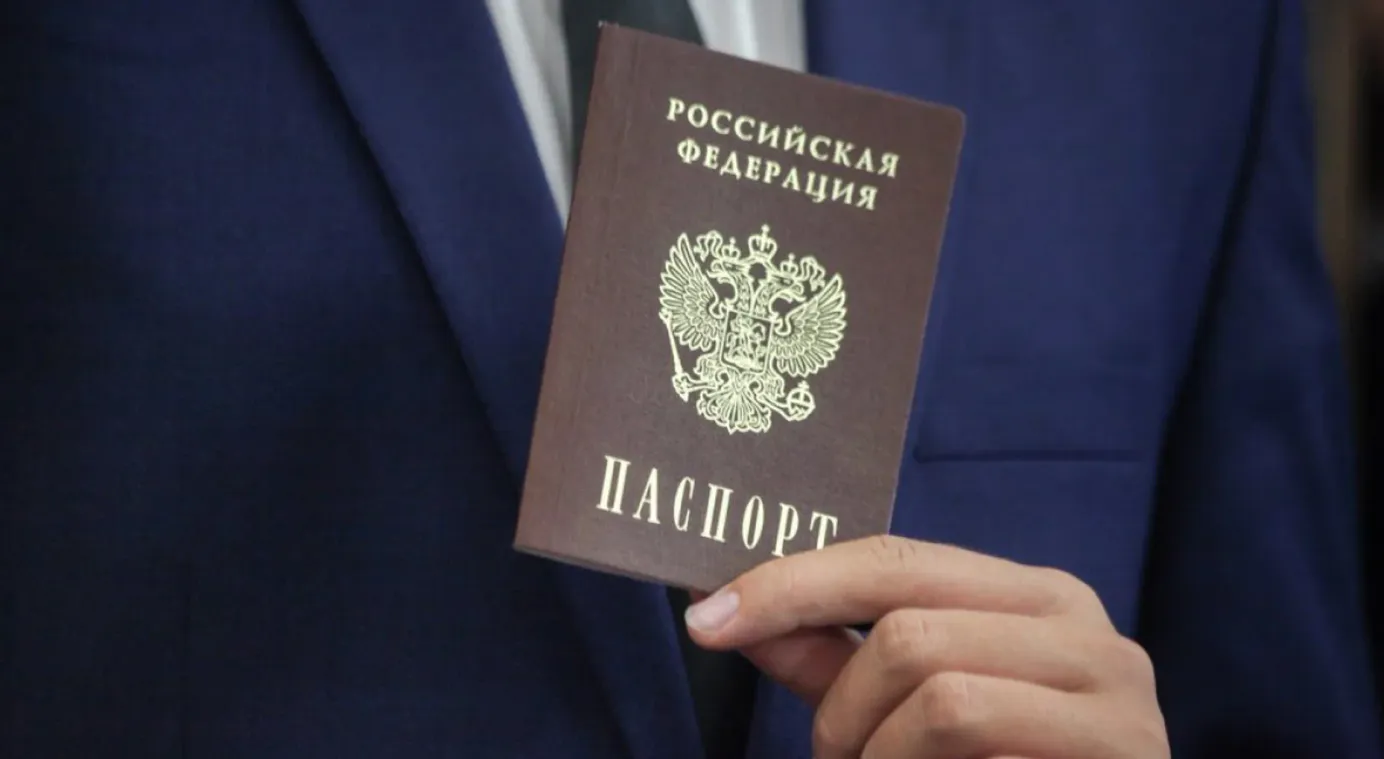
Why Putin is backing Hamas
The Hamas terrorist attacks on Israel were a rare boost for Russian President Vladimir Putin and the Russian authorities – inasmuch as they pushed Russia’s war in Ukraine off the global front pages. For the first time in many years, Putin showed unambiguous solidarity with Palestine, and took more than a week to offer his formal condolences to Israeli leader Benjamin Netanyahu.
- In the Soviet era, the USSR built a legacy of support for the Palestine Liberation Organization (PLO) and its Arab allies against Israel. It’s worth recalling that Palestinian leader Mahmoud Abbas, head of Fatah, studied in the Soviet Union, and in 1982 defended his dissertation titled, “The Relationship Between Zionists and Nazis” at the Moscow Institute of Oriental Studies. However, following the fall of the Soviet Union, Russia quickly discarded its overt pro-Palestine position and under Putin, Moscow adopted a complex policy of pragmatism in the Middle East, trying to maintain good relations with a range of warring parties: Iran, Israel, the Arab states, Fatah, Hamas and Hezbollah.
- As part of this balancing act, Moscow has never voiced unequivocal support for either side in the Arab-Israeli conflict. Indeed, until last week, the relationship between Russia and Israel appeared to be more good than bad. Despite appeals from Volodymyr Zelenskiy, Israel does not supply arms to Ukraine and has not imposed sanctions on Russia. Putin and Israeli premier Netanyahu enjoy a long-standing, cordial personal relationship. At the same time, Russia has long nurtured a cautious friendship with Hamas — a relationship that survived even the civil war in Syria where Russian and Hamas forces were on opposing sides.
- But this time, Putin has almost entirely thrown his support behind one side – the authorities in Gaza (i.e. Hamas). Although Putin diplomatically stated that Israel “has been subjected to an attack of unprecedented brutality and has a right to self defense,” for a period last week his spokesman Dmitry Peskov said there were no plans for a direct conversation with Netanyahu. Then finally, on Monday, nine days after the initial Hamas attack, the two leaders had a call, in which Putin offered his "sincere condolences" to the families of Israelis that were killed, said Russia was ready to help achieve a diplomatic solution and that Moscow wanted to prevent a "humanitarian catastrophe in the Gaza strip".
- Speaking publicly last week, Putin compared Israel’s blockade of Gaza with the Nazis’ siege of Leningrad during the Second World War – a particularly powerful condemnation from a Leningrad native. “The Palestinian problem lies in the heart of every Muslim,” Putin said. “They feel it as an injustice elevated to an unbelievable level.” In Putin’s version, blame predictably lies with the United States and its failed Middle East policy. The only solution, for him, is the establishment of a Palestinian state in East Jerusalem.
- In a post on its Telegram channel, Hamas thanked Putin for “his position towards the ongoing Zionist aggression towards our people” and his “opposition to the siege of Gaza.”
- The reasons for Moscow’s stance are more or less clear — and not just related to Russia’s close relationship with Iran, Hamas’ sponsor. Russia has a greater interest than ever in seeing an escalation in the Middle East. For the first time since Feb. 2022, the war in Ukraine dropped down the global news agenda, and after the Hamas raids, Russia itself ceased to be public enemy No. 1.
- Russian TV propaganda is already trying to exploit the situation to extract maximum gain for Russia and the Kremlin’s worldview. Sunday’s edition of the country’s main weekly political show, Vesti Nedeli, devoted an entire segment to the “fake news” allegedly being spread by pro-Israeli Western media outlets. Meanwhile, NTV’s main political program described the same “fake news” as an “Israeli Bucha,” referring to the Russian propaganda stance that the Russian army’s slaughter of civilians in towns near Kyiv was faked. Another segment in Vesti Nedeli was dedicated to Putin’s long-standing claim that Ukraine is arming terrorist groups with the weapons it receives from its Western allies.
- The new war in the Middle East also raises questions for opponents of Russia’s war in Ukraine. Educated Russians traditionally side with Israel in this conflict, and Palestinians are typically held collectively responsible for the activities of Hamas and other terrorist groups. The latest attacks were the first instance in which Russians who do not support Putin’s war but who protest against collective accountability found themselves in a position similar to the Palestinians, who are widely accused of supporting Hamas terrorists.
Why the world should care
Russia hardly played a significant role in preparing the Hamas attacks on Israel, but without doubt the Kremlin is one of the main political beneficiaries. The emergence of a new burning global issue, especially one that will inevitably preoccupy the US, is bad news for Ukraine and the rest of the world. The Middle East is yet another front for the conflict between Russia and America, and the risk of further escalation between them is increasing.




